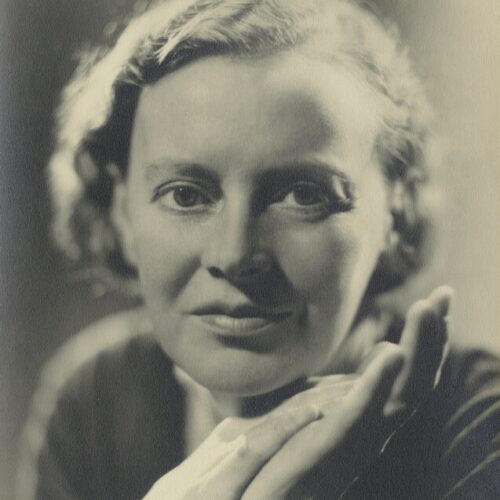

I hold that a writer should not in any circumstances or for any cause surrender his duty to criticise and to enquire freely into the soundness of any idea, faith, doctrine, delivered to him by the mouth of authority. Of any authority.
Storm Jameson, Apology For My Life, 1938
Storm Jameson was a humanist, freethinker, and humanitarian who defended free speech, intellectual integrity, and the spirit of free enquiry against the threats posed by tyranny and the flight from reason both during and after the Second World War. An enthusiast for European culture, she worked to promote international cooperation as a means of achieving social justice and a better future for all the peoples of Europe.
Born in the port of Whitby, Margaret Storm Jameson came from a long line of seafarers and shipbuilders, and considered herself to be ‘Yorkshire to the bone’. Educated at the Municipal School in Scarborough where the headmaster A. S. Tetley was a humanist, she won a scholarship to read English at Leeds University and progressed to King’s College, London to write her dissertation on ‘Modern Drama in Europe’. She then worked as a copy-writer in an advertising agency, as the editor of an obscure weekly magazine and as a talent scout for an American publisher.
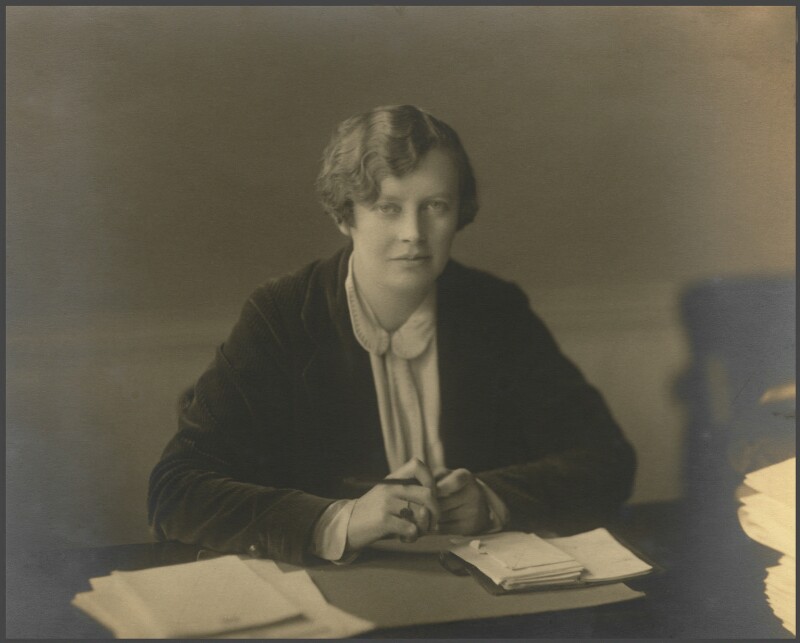
Jameson published her first novel The Pot Boils in 1919 and over the next 60 years she wrote another 44 novels, together with short stories, essays, criticism and a two-volume autobiography. A great admirer of Stendhal, Jameson saw herself as a writer in the European tradition. As such she believed that it was her duty to interpret and explain the Europe of her day, and her novels became increasingly concerned with the dire consequences for women of the rise of fascism.
At the same time, Jameson came to regret her support for the First World War in which her brother and most of her friends from university had been killed. Fearing another war, she helped found the Peace Pledge Union to campaign for unilateral disarmament. But throughout her life Jameson was strongly motivated by her hatred of cruelty. Just as the idea of a God who bore ultimate responsibility for the suffering of the world was repugnant to her, she struggled to reconcile her pacifism with her hatred of cruel authoritarian dictatorship.
Jameson travelled widely in Europe and was appalled by the Nazis’ destruction of intellectual life in Czechoslovakia and Poland – the censorship of the press, music and literature, the closure of schools and universities, the murder of doctors, priests, teachers, and scientists. She saw the rise of German nationalism as nothing less than a threat to the survival of European civilisation and feared that the liberal humanist values she cherished – freedom, justice, and tolerance – might be extinguished for ever. So, like Bertrand Russell and many others, she resigned from the PPU in May 1940 when Germany conquered France, believing that war was the lesser of two evils.
What I do not know and cannot even hope to understand before I die, is why human beings are wilfully, coldly, matter-of-factly cruel to each other.
Storm Jameson, Journey From The North (1969)
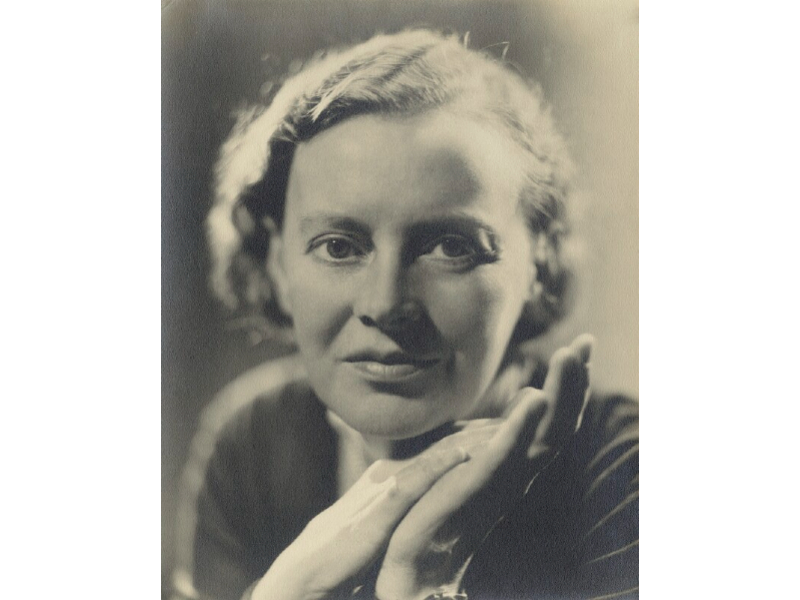
In September 1938 Jameson became the first woman President of the London Centre of International PEN (Poets, Essayists, Novelists), a world association promoting friendship and cooperation between writers across the world. Writers fleeing from countries under Nazi occupation were appealing to PEN for help, and Jameson made strenuous efforts to obtain visas and raise money for successive waves of destitute refugees. In 1940 aliens resident in Britain were interned and Jameson and her colleague Hermon Ould then advocated for the release of ‘men of letters’ on a case-by-case basis. By the following year they had largely succeeded and a PEN Congress in London was attended by writers from 32 countries, all of whom were living in Britain.
I am as sharply certain as ever I was – this is one thing I shall never alter in – that the freedom to think, to enquire, and to speak is a human need which the writer, more than other people, cannot afford to have taken from him.
Storm Jameson, The Defence of Freedom, 1934
Jameson retired as President of the London PEN Centre in 1944 due to ill health, but continued to work for PEN as an International Vice President. As such she resisted attempts by some PEN Centres to blacklist writers who had collaborated with the enemy during the war and, despite tremendous opposition, helped a handful of German writers to re-establish the German PEN Centre. And as the Cold War intensified, she worked to keep PEN Centres in communist countries within the PEN family so that writers behind the Iron Curtain had some protection from persecution. Her commitment to free speech and international cooperation was unshakable, and she remained a PEN Vice President until her death.
What fascinates me about life itself, what is most astonishing and unassimilable, baffling, absorbing, is its steady movement towards death. You enjoy, suffer, ask questions, work, and all the time this is what is coming. Surprise will be my last emotion, not fear.
Storm Jameson, Journey from the North, Volume 2 (1970)
Storm Jameson was motivated both by her deep love of European culture and by her humanist values, most notably her hatred of cruelty and her love of freedom in all its forms. Thanks to her energy and charismatic leadership, many writers and intellectuals escaped from Nazi tyranny, and International PEN became fully committed to freedom of thought, free speech and the unrestricted passage of ideas across national frontiers.
Margaret Storm Jameson, The End of This War (1941)
Margaret Storm Jameson, Journey From the North (1969)
Jennifer Birkett, Margaret Storm Jameson: A Life (2007)
By Paul Ewans
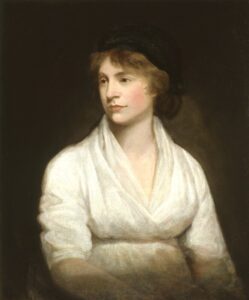
And how can woman be expected to co-operate unless she knows why she ought to be virtuous? Unless freedom strengthens […]
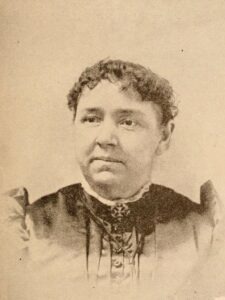
Man for man in larger sense does what heaven fails to do. Sara A. Underwood, quoted by Rufus K. Noyes […]
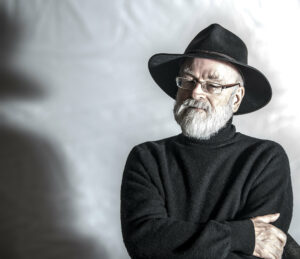
There is no hope but us. There is no mercy but us. There is no justice. There is just us… […]
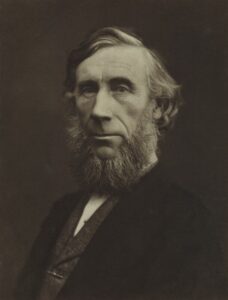
All religious theories, schemes and systems, which embrace notions of cosmogony, or which otherwise reach into the domain of science, […]